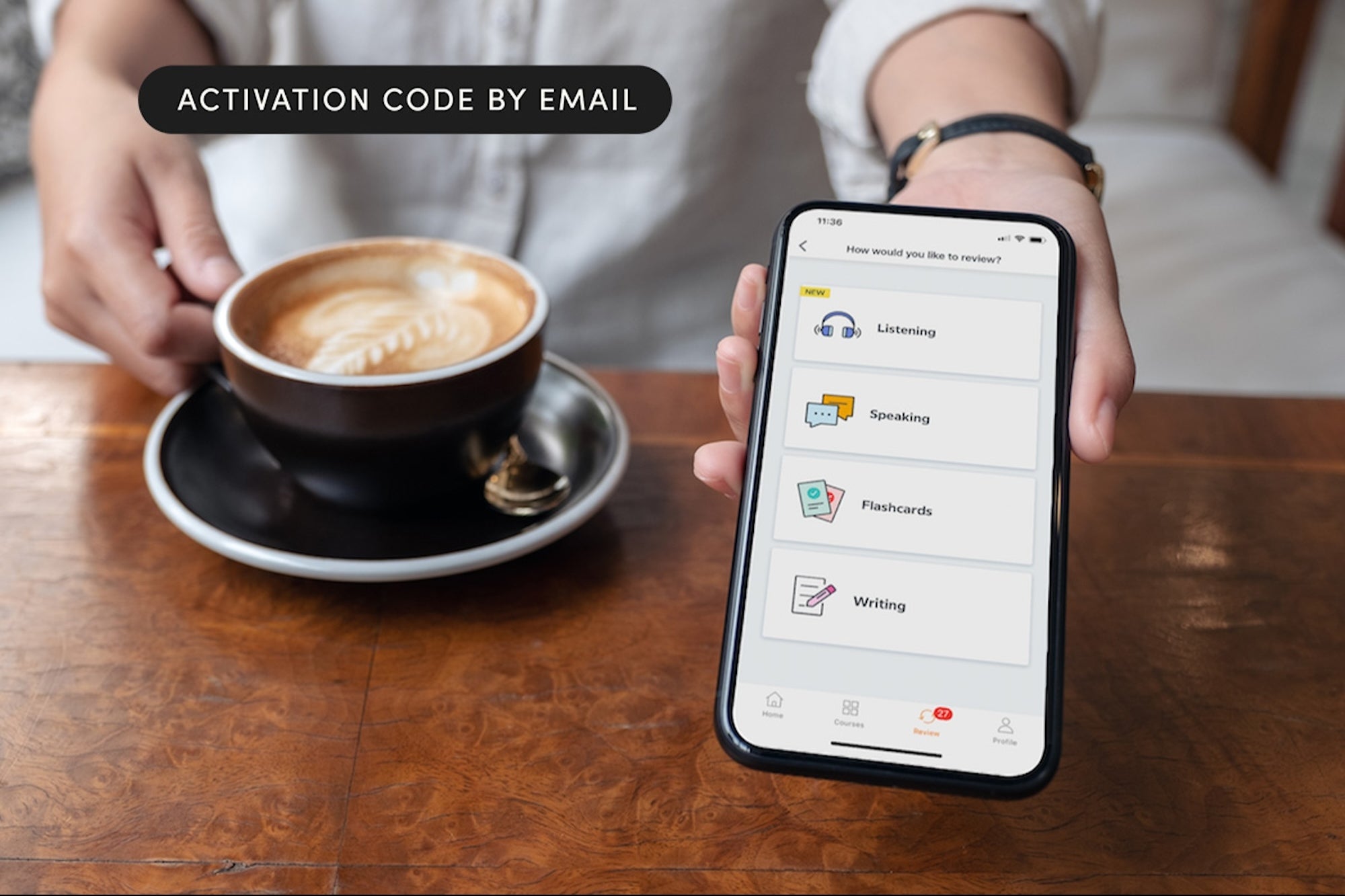The Costs and Rewards of Patient Data in the New Era of Telemedicine The push toward direct-to-consumer health care and telemedicine will be a landmark event for patient care -- and the bottom lines for startups that can execute.
By Aaron Maguregui Edited by Dan Bova
Opinions expressed by Entrepreneur contributors are their own.
The promise (and peril) of actionable and monetizable patient data in digital health has never been higher.
On the one hand, the overnight acceptance and adoption of telemedicine during the pandemic turned what had been a niche into a juggernaut, and with it transformed millions of valuable patient interactions and disclosures into searchable, actionable intelligence that can be mined.
On the other hand, patient health data is notably different from other forms of online information. Patient data is protected in ways that, say, cursor pauses, scrolls or clicks on social media browsers are not. Following the growing frustration that federal lawmakers have shown with Big Tech's use of consumer data, the government is poised to make big moves to sanction improper uses of patient data.
Therein lies both the problem and the potential. The waters in which rapidly growing direct-to-consumer or other online health companies now find themselves will likely get murkier from here.
Related: 3 Ways to Differentiate Your Business in a Competitive Market
The problems are easier to spot. Mostly because consumers, lawmakers and journalists have been spotting them for years now.
A closer look at the burgeoning world of online genetic testing companies revealed that health data collected on patients and a patient's family was often shared in ways that may unnecessarily compromise consumer privacy. A similar report on dieting apps revealed that many shared personal details on medical history and mental health with third parties.
HIPAA Compliance is an Imperative
The problems get most of the headlines. It's the promise that is harder to find, in part because it rarely makes news. That promise begins with handling sensitive information in a way that's HIPAA compliant. Those are table stakes. No company, big or small, should consider itself above that standard. After all, the data concerns the most important asset of these companies: their customer base.
Once that barrier is cleared, however, the challenge changes. Presuming a company follows regulatory mandates, the goal is to differentiate every person coming to them online and, also in a compliant fashion, follow the activity that allows them to improve service by increasing the quality of care while lowering costs.
This is, of course, the ultimate goal for health care providers. But it feels more attainable online, where we, as patients and consumers, increasingly spend the majority of time and increasingly divulge the most important information in our and our family's lives.
Related: Best Ways to Use Data in Making Decisions
How to obtain visibility to that vital information is another challenge. Perhaps an absolute privacy policy that may aggravate marketers or anyone focused on user experience could work. The consequences are only likely to increase.
The complexities and ironies in this space are expanding as fast as the field itself. And they're only going to become more acute as the pandemic hopefully winds down — and with it, the flexibility afforded by the Department of Health and Human Services' Office for Civil Rights to telemedicine companies found to be accidentally violating HIPAA.
Don't mistake those caveats for pessimism. The push toward direct-to-consumer health care and telemedicine is and will remain a potential landmark event for patient care and the bottom lines of companies that can execute. The elusive goal of end-to-end data, starting when a patient is merely a curious consumer and extending far into the horizon, is more attainable now than it's ever been before.
Figuring out how to get there will always be the hardest question to answer. But the destination is at least within sight.
Related: How Data Analytics Can Help You Become a Better Entrepreneur?












